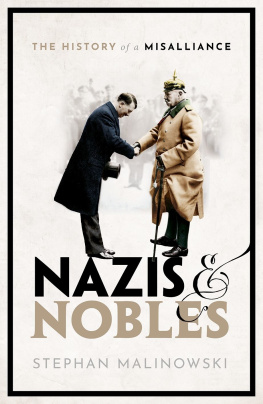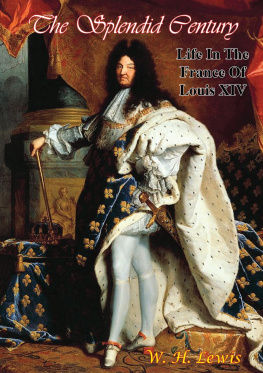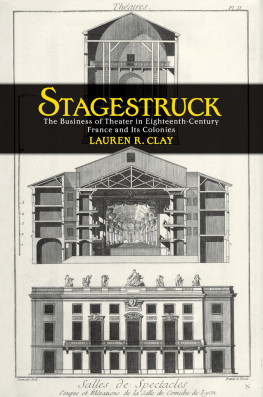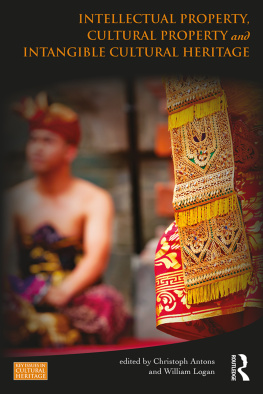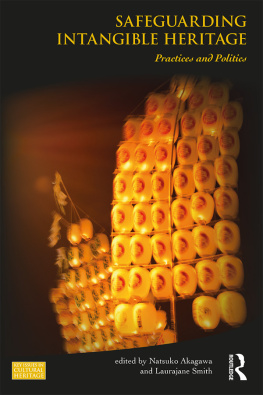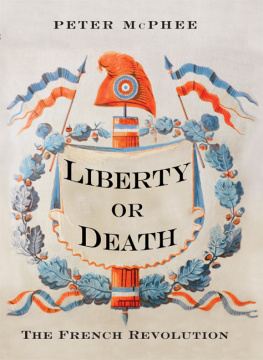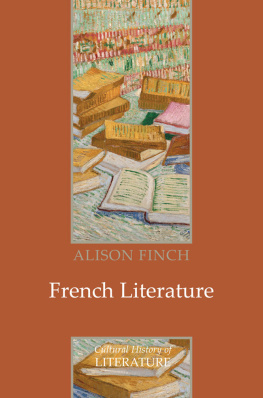
Nobility and patrimony in modern France
Edited by
David Hopkin and Mire Cross
This series is published in collaboration with the UK Society for the Study of French History. It aims to showcase innovative short monographs relating to the history of the French, in France and in the world since c.1750. Each volume speaks to a theme in the history of France with broader resonances to other discourses about the past. Authors demonstrate how the sources and interpretations of modern French history are being opened to historical investigation in new and interesting ways, and how unfamiliar subjects have the capacity to tell us more about the role of France within the European continent. The series is particularly open to interdisciplinary studies that break down the traditional boundaries and conventional disciplinary divisions.
Recently published in this series
Emile and Isaac Pereire: Bankers, Socialists and Sephardic Jews in nineteenth-century France Helen Davies
From empire to exile: History and memory within the pied-noir and harki communities, 19622012 Claire Eldridge
The stadium century: Sport, spectatorship and mass society in modern France Robert W. Lewis
The republican line: Caricature and French republican identity, 183052 Laura OBrien
In pursuit of politics: Education and revolution in eighteenth-century France Adrian OConnor
Terror and terroir: The winegrowers of the Languedoc and modern France Andrew W. M. Smith
Robespierre and the Festival of the Supreme Being: The search for a republican morality Jonathan Smyth
Nobility and patrimony in modern France
ELIZABETH C. MACKNIGHT
Manchester University Press
Copyright Elizabeth C. Macknight 2018
The right of Elizabeth C. Macknight to be identified as the author of this work has been asserted by her in accordance with the Copyright, Designs and Patents Act 1988.
Published by Manchester University Press
Altrincham Street, Manchester M1 7JA
www.manchesteruniversitypress.co.uk
British Library Cataloguing-in-Publication Data
A catalogue record for this book is available from the British Library
ISBN 978 1 5261 2051 9 hardback
First published 2018
The publisher has no responsibility for the persistence or accuracy of URLs for any external or third-party internet websites referred to in this book, and does not guarantee that any content on such websites is, or will remain, accurate or appropriate.
Typeset by
Servis Filmsetting Ltd, Stockport, Cheshire
For Campbell, Lorraine, and Thomas, and for Jacques
Contents
My commitment to write this book grew from love of working with the sources deposed in the Archives dpartementales of France. I am indebted to owners who gave me permission to consult nobles private collections of papers. Staff and interns in the archives have helped me in my research with utmost consideration. For expert assistance on archival matters I thank Sgolne de Dainville-Barbiche, Isabelle Brunet, Camille Buzon, Martin de Framond, Samuel Gibiat, Olivier Gorse, and Claude Petit. Advice on heritage valorisation in rural areas came from Marilyne Avont, Aurore Jarry, Daniel Labarthe, and Simone Sauges. I am especially grateful to my father Campbell Macknight, to the editors of Studies in Modern French History, and to the anonymous peer reviewers who gave generously of their time to read and comment on drafts. It has been a delight to work with the team at Manchester University Press.
Sebastian Percival, an inspiring Australian teacher, first introduced me to the wonderful freedoms of travelling on European railways and exploring the French countryside. Fortunate are the researchers like me who travel by train and on foot in France. For joyful moments along the way I thank Elaine Adams, Frances and Ian Black, Luc Boudon, Pauline Brassier, Pierre Brillard, Suzanne Brustel, Giorgia and Sarah Bulli, Annick Caro, Pierre-Paul Castelli, Josette Clauzier, Valrie Cros, David Davatchi, Hlne Dor, Tatiana and Raphal Dumas, Patrick Durand, Michel Fournier, Guillaume and Agathe Hazebaert, Marie Heyraud, Hlne Hiquily, Caroline and Michael Hubbard, Jrme Jouve, Louise Leates, Bernard Lepre, Henriette Loiseau, Francine Martinaud, Frdrique Palaccio, Marcelle Portalier, Maria Pulvric, Valrie Rapaud, Nathalie and Franck Raymond, Philippe Rigaud, Isabelle Romano-Philippon, Marie-Thrse and Vincent Roubaud, Corine and Alain Rouleau, Claire Simon, Jean-Pierre and Marie-Thrse Soulier, Christine Varagne, and Raymond Vigoureux.
Journeys like book projects are made sustainable by the patience and thoughtfulness of particular people. Of special mention are my wonderful neighbours Catherine Brustel and her family. I also deeply appreciate the kind welcome from Pre Pierre Badon and his helpers. For words of encouragement thanks to Batrice Bronnert, Mariem Dali, Juliet Flesch, James Graham, Von Harrington, Scott and Gina Harrington, Ben and Sylvia Harrington, Christian Kapteyn, Maximiliano Lorenzi, John and Jan Macknight, Tiger and Deb Macknight, and Kirsty Munro. Through adventures in dark and light Luke Gartlan provides boundless support. Daniel Nethery brings to our long conversation his insights that I cherish. Jacques Denhez keeps life sparkling with humour and wisdom. Most importantly my father, mother, and brother showed faith in me to imagine and to complete this book on the opposite side of the world from Australia. Their love and the happy spirit of Agns Galand bring me home.
Haute-Loire, 2017
| AD | Archives dpartementales |
| AN | Archives nationales |
| ANF | Association dentraide de la noblesse franaise |
| AP | Archives prives |
| UNESCO | United Nations Educational, Scientific, and Cultural Organisation |
Neither the frost nor the autumn rain brought damp into the houses that day. Beneath the jutting cliff that peered over the river Tarn the smell of smoke, so familiar to the villagers of La Malne, began to arouse fear. Armed men who had crossed into the department of Lozre from neighbouring Ardche had drunk all of the wine in the village and slaughtered all of the pigs. Now this band of assassins, known as the revolutionary army set out to destroy what remained. They tied up our inconsolable women and subjected them to constant terror and mortal threat in front of the horrible spectacle of flames engulfing their homes. La Malne, inhabited by some eighty people, was razed on 4 November 1793. Those who survived the calamity described how nothing was spared, neither our belongings, nor our livelihoods. Everything was reduced to ash.


